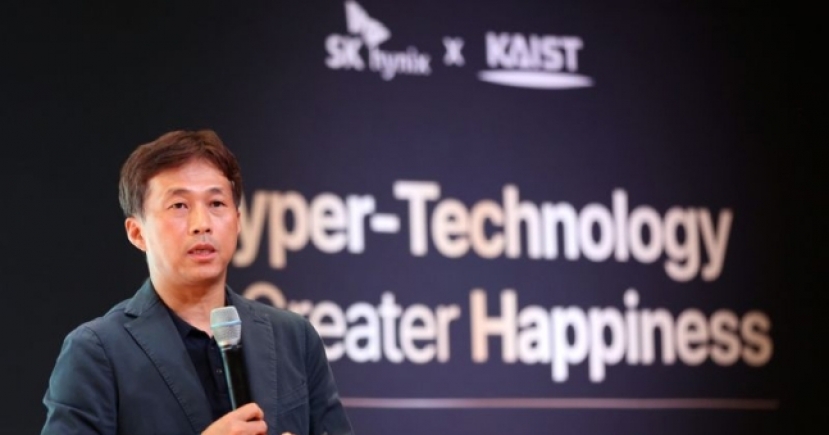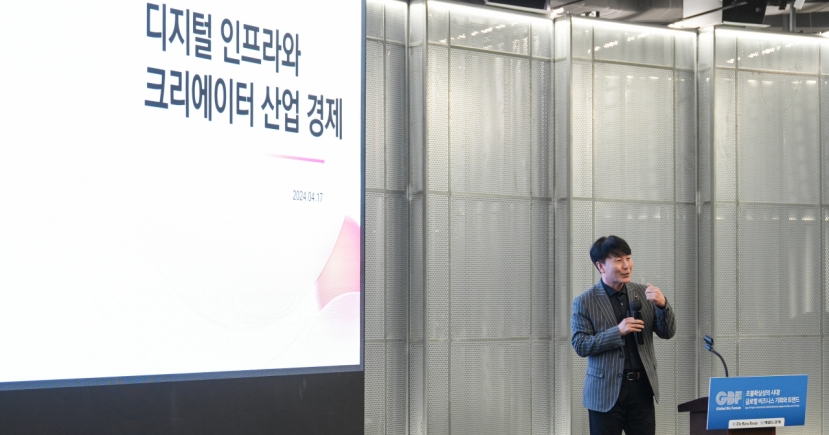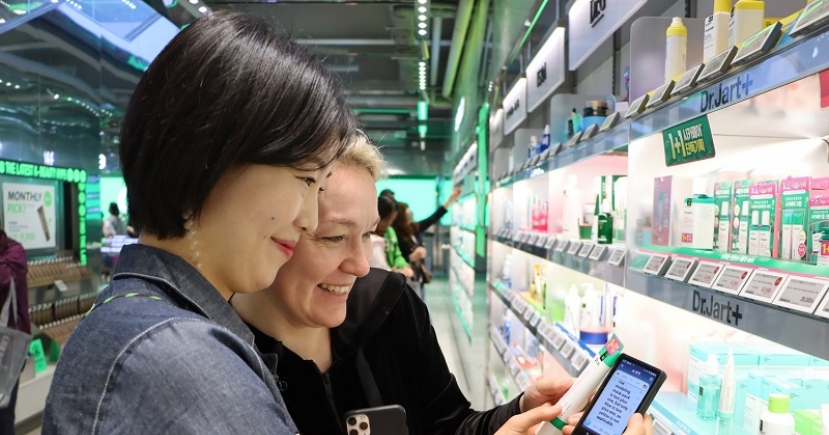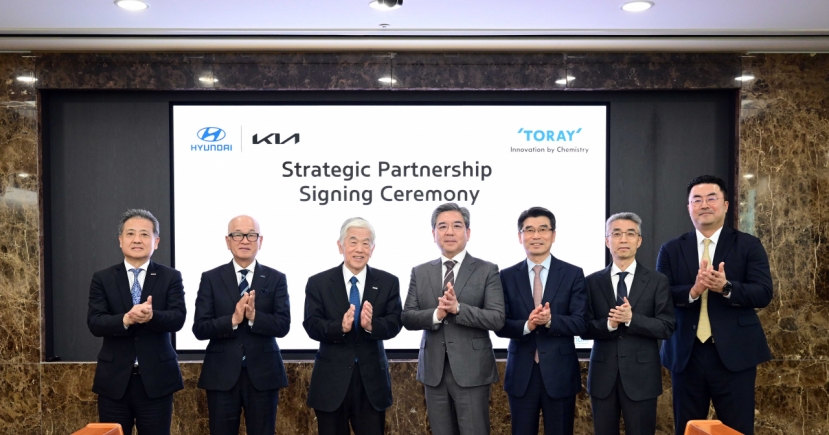Tech
'AI will wipe out half of today’s jobs, but create new ones'
[THE INVESTOR] Technological advancements centering on artificial intelligence and robotics will inevitably halve existing jobs, but at the same time, create new task-specific ones, said Lee Ho-soo, president of ICT strategy at SK Telecom, on Sept. 26.
At the Korea CQ Forum of Corea Image Communication Institute at the Danish Ambassador’s residence in northern Seoul, Lee, who is a veteran of AI technologies, delivered a special lecture on latest technological advances toward the “fourth industrial revolution” and their impacts on society for the forum membership.
 |
Lee Ho-soo, president of SK Telecom’s ICT Strategy, delivers a presentation at Korea CQ Forum held at the Danish Ambassador’s residence in Seoul on Sept. 26. CICI. |
“I am being extremely careful to say this; in the fourth industrial revolution era, nearly half of today’s jobs will disappear,” Lee said. “But what used to be traditionally called ‘jobs’ will be broken down into a number of tasks, creating a new concept of work.”
As AI and robots start to replace humans, full-time employees will face decreasing working hours, prompting demand for part-time jobs to rise, he explained.
“It’s called the ‘gig economy,’ where temporary jobs are commonplace, and companies tend to hire independent contractors and freelancers instead of full-time employees,” Lee said. “We are already seeing some jobs get split.”
Although he acknowledged that blue-collar and simple white-collar jobs would gradually disappear, the expert highlighted jobs that require creativity and professionalism, emotional and social intelligence, or jobs that are difficult to automate, will be sustainable.
And new occupations will be created to meet new demands based on information and communication technology, media, entertainment, smart devices, 5G and so forth.
Quoting former Cisco CEO John Chambers, Lee said 40 percent of today’s companies will be dead in 10 years, as part of disruptive changes to current industries in the fourth industrial revolution era.
The ICT chief of SKT, Korea’s No. 1 mobile carrier by subscriber number, spent two decades at IBM Watson Research Center to specialize in AI software until 2005. Then, he was scouted by Samsung Electronics to head its Media Solution Center until 2012.
From 2015 to 2016, Lee contributed to SK’s partnership with IBM on development of AI algorithms based on Watson as head of SKC&C IT Service and R&D Center. He has moved to the telecom giant in March.
With SKT CEO Park Jung-ho, who is a strong advocate of Industry 4.0, Lee is spearheading the telecom business’ new growth pillar ICT.
“Nonmanufacturers like Google and Facebook have shown amazing growth with ICT and AI tech within just five years with a user-centric paradigm which successfully targeted digital generation,” Lee said.
As for SKT’s direction for its AI business, Lee commented, “Domestically, we are going forward with Aibril for businesses and NUGU for individual consumers,” both based on IBM’s Watson Korean-language API.
“We are also preparing to respond to influences from the global market, since it is true that there is no border in this AI business,” he added.
By Song Su-hyun/The Korea Herald (song@heraldcorp.com)








